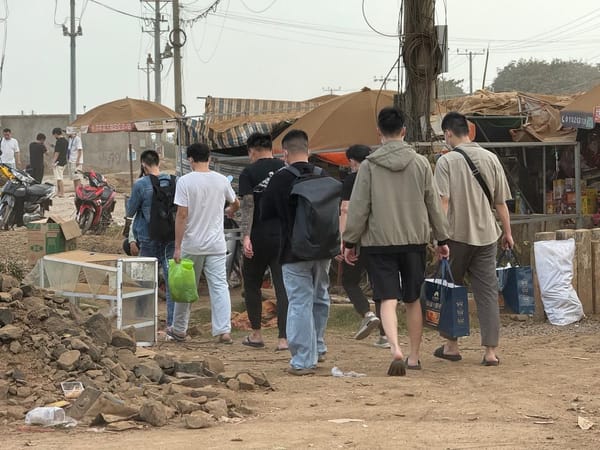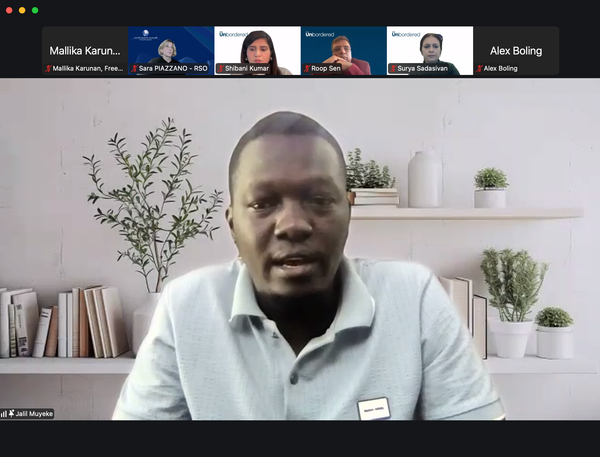Cambodian NGO Provides Crucial Legal Support to Survivors of Forced Labour to Help Secure Convictions

Chab Dai Coalition in Cambodia has developed an innovative scheme to overcome the challenges faced by survivors of trafficking and sexual exploitation as their cases against perpetrators progress through the Cambodian criminal justice system.
Cambodia’s criminal justice mechanisms to prevent modern slavery are considered to be underperforming. According to the 2023 Global Slavery Index Cambodia scores 46.2 for this category, less than the average for the Asia Pacific region, which is 48.1. The report recommends prioritizing support services for survivors of modern slavery, and it is precisely this gap in provision that Chab Dai is addressing. Chab Dai means ‘joining hands’ in Khmer; an apt name for an organization which takes survivors of forced labour by the hand, guiding them through the prosecution process. In 2023, they provided legal support in 56 cases and, so far in 2024, they have dealt with 34 cases – an achievement considering they only have one lawyer on the team.
Pun Channrak, legal support manager at Chab Dai, explains why their legal support work is so important. Beneficiaries face financial and psychological barriers, which his organisation has found innovative ways to mitigate: “Clients often cannot afford to pay the costs of attending court. Most victims live in rural areas and travelling from the countryside to the court presents a financial challenge. We help them to overcome this burden by providing a special package covering transportation costs and food, so that they do not have to take a loan just to attend court. On top of that, some clients distrust the legal system - it is hard to get their trust as they are concerned about their safety and what steps the perpetrator might take towards them. That is why at Chab Dai we provide counselling support to help build relationships based on trust.”
The majority of the organization’s beneficiaries are under 18 - some even as young as 8 years old. The reason for this is that despite having been made illegal under the Law on Suppression of Human Trafficking and Sexual Exploitation (Trafficking Law) (2008), debt bondage and child labour are still rife in Cambodia. For example, a 2023 report from LICADHO found that debt bondage and child labour are common in the Cambodian brick industry, with whole families living and working for an average 18 years in factories – trapped in a cycle of low pay and debt. As the legal support manager explains: “Due to the financial situation, some families are forced to bring their children to work with them in factories and other places. Some children get cheated by the employers, suffering from the hard work for nothing.”
Pun Channrak describes the challenges to securing justice for these young victims. “In our work we find limited child-friendly principles in courts and often victims feel uncomfortable to give evidence. Perpetrators may take advantage of this situation and try to settle out of court in some cases. Due to unfortunate economic situations, victims tend to accept these small offers of compensation.” Such practices are considered “totally unacceptable” by Chab Dai - one of the stated aims of the Legal Support Project is that at trial the judge sentences and convicts the perpetrator(s) according to Cambodian law.
Another important aim of the project is that local police, prosecutors, and the investigating judge support Chab Dai cases through the legal justice system to reach trial stage. This is important, as corruption and inefficiency are rife in the system. The organisation’s legal support manager explains how “cases used to take up to three years, but now this practice is changing, and the Ministry of Justice has promised to process cases more quickly.” To support this, Chab Dai is currently providing capacity building training to police officers.




